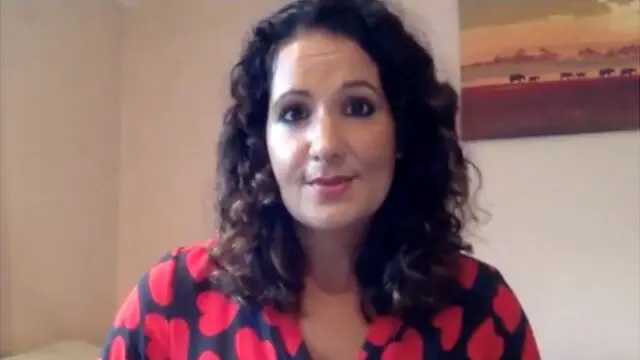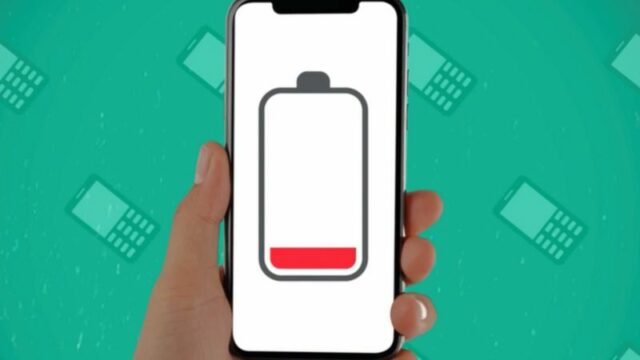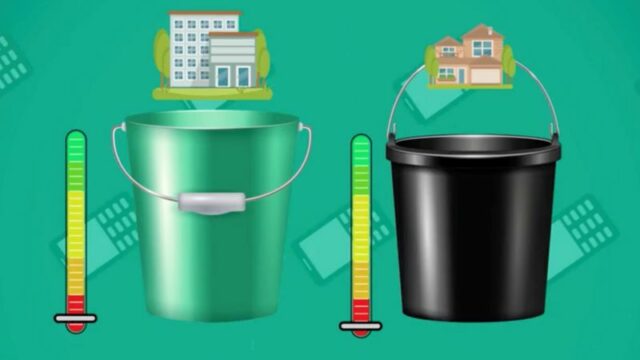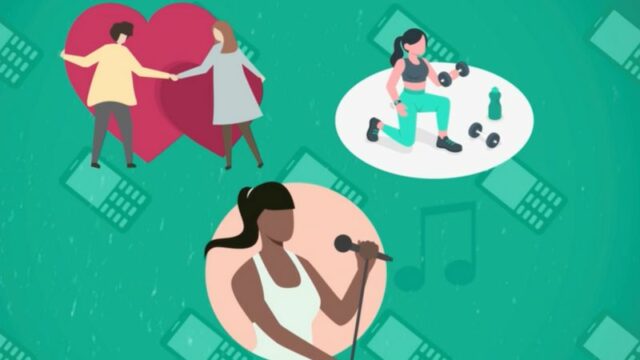Are you feeling great nervousness? Fatigue? Stress?
Do you feel that work overwhelms you and this did not happen to you before?
Do you have the feeling of being trapped in an endless routine and don’t see a light at the end of the tunnel?
You could be heading towards emotional exhaustion.
But the good news is that you can do something about it. Dr Radha Modgil, a British general practitioner and publicist, shared some tips so that we can recognize the signs of emotional exhaustion and take action before it completely overwhelms us.
What exactly is emotional exhaustion?
The term “emotional exhaustion” was first used by the German-American psychologist Herbert Freudenberger in a study published in 1974.
Freudenberger described a “state of mental and physical exhaustion” caused by an individual’s professional life.
The psychologist pointed out that this state had different phases, including a stage of “compulsively wanting to test our worth.”

Emotional exhaustion is currently considered a “prolonged and excessive state of stress,” according to Modgil.
And that state makes “that we feel incapable of facing the challenges of life.”
Unlike Freudenberger, the doctor believes that stressors can come from many areas of our lives, not just from work.
How does it feel
Modgil compares emotional exhaustion to a dead cell phone battery.
When you feel exhausted or utterly fatigued it is as if your reserve tank has been emptied.

Perhaps you are a person who usually copes with stressful situations and challenges at work with no problem.
But now everything seems like an uphill struggle. And that could indicate that one of your “emotional tanks” has very low reserves.
“You can think of it this way: You have a spare bucket or tank for work and another for your life at home,” Modgil said.
“If one of those reserves is low but the other is in good condition, you will probably be able to meet your challenges.”
“But if both tanks are low and you don’t have reserves to draw on, that’s where the trouble can begin.”
“We must pay attention to our emotional battery,” said the British doctor.
In the same way that you charge your cell phone every day, you must ask yourself: ‘How do I recharge myself?’ “
What are the causes? Modgil says that “any significant change or event” in our life can cause emotional exhaustion

Some examples, according to the doctor, are financial worries, relationship problems, or stressful situations such as losing a job, moving home or preparing for an exam.
How then can we protect ourselves from emotional exhaustion and avoid feeling burdened?
Some advices

Modgil shared these suggestions:
• Learn to listen to yourself with compassion.
Stop, reflect and really try to connect with what you are feeling for about 20 minutes each day. And don’t be so harsh and critical of yourself.
• Why self-compassion can be good for your health
• Focus on the things that are working well.
If your personal life is fine but work is problematic, extract all possible feelings of well-being from what is going well. What works can help you recharge your batteries.
• Catch up with friends who make you feel good.
Strong relationships are important for building resilience.
• 5 exercises to be happier, according to the professor who gives the most popular course in the history of Yale University
• What makes us really happy in life? Some lessons from Harvard after 76 years searching for the answers
• Exercise regularly.
• Do things you enjoy and make this a priority.
Even if it’s just watching your favorite comedy.
- Listen to your favorite songs
- Music affects our parasympathetic nervous system, which helps us relax.
- Get enough hours of sleep!
The American Sleep Association found that adults who sleep less than eight hours each night report higher levels of stress than those who sleep eight hours. Lack of sleep affects our mood and our ability to cope with challenges.
• Why the less you sleep the shorter your life will be
• Gradually transform these tips into daily habits.
Make them part of your routine.
Radha Modgil hopes that your suggestions will help prevent emotional exhaustion.
The doctor believes that if we prioritize our emotional batteries, as we usually do with our phones, we will see a great improvement in our physical and mental well-being.


